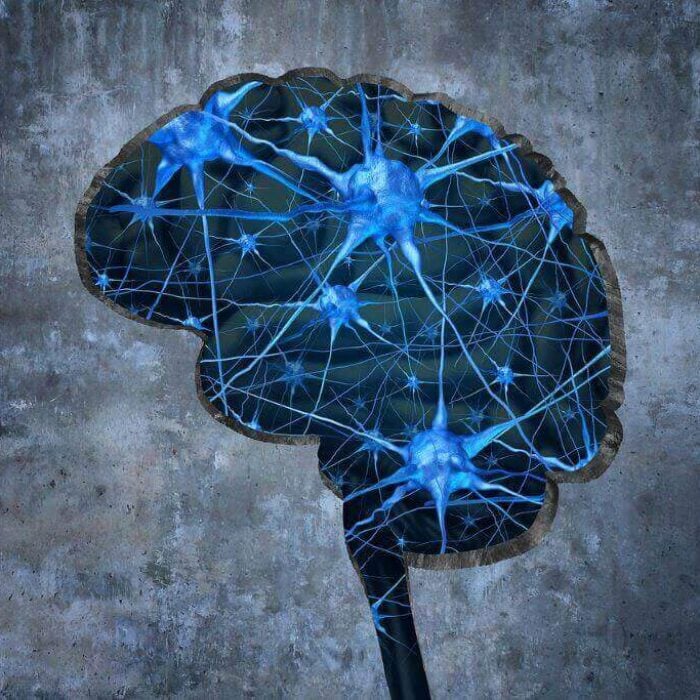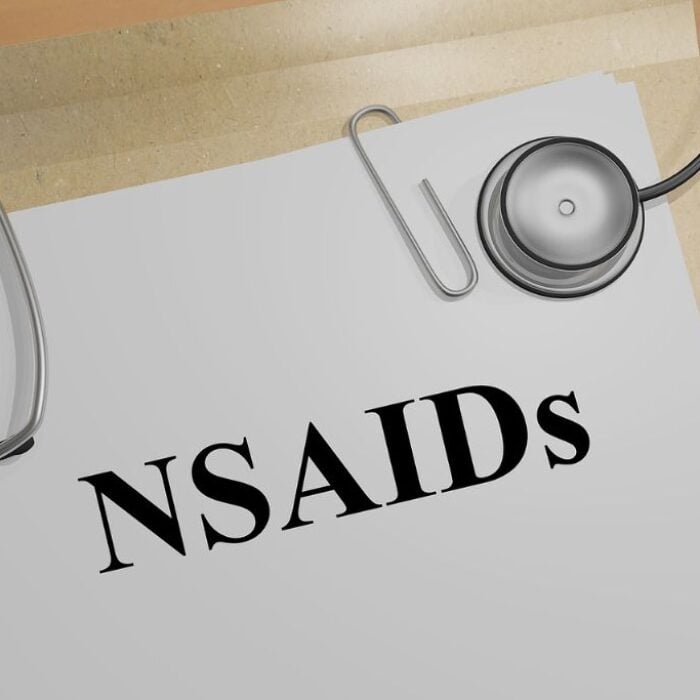Prescription drug abuse is one of the fastest growing problems and has hit this country hard. Opiate painkillers and other prescription drugs are the driving force behind a large portion of addiction and crime. According to the New York Times, the medicine cabinet may be to blame. The paper said addicts are casing homes of the sick and elderly and even posing as potential buyers at open houses just to gain access to medicine cabinets.
National Prescription Drug Take-Back Day which will take place on Saturday, September 29, 2012, from 10:00 a.m. to 2:00 p.m.
Search for a collection site near you.
Many states are calling on their citizens to be at the forefront of this fight and clean out their medicine cabinets. Leftover opiates can be dropped off at designated areas as part of a prescription drug take back program. These efforts are coordinated by the Drug Enforcement Administration and many states are participating.
According to the Columbus Dispatch in Ohio, Attorney General Mike DeWine is determined to combat this problem that has plagued his state. DeWine, along with members of the DEA and the Ohio Chamber of Commerce, has implemented the first ever National Drug Take Back Day in Ohio. This program gives people the opportunity to properly dispose of unused or unwanted prescription drugs in a safe and environmentally approved manner. The drugs would be disposed of in incinerators provided by the Environmental Protection Agency.
Long Forgotten Medication Can Wind Up In The Wrong Hands
Properly disposing of unused or unneeded medications can greatly reduce the risk for others to access them and engage in opiate abuse. Medications that may be left over from a past surgery or dental procedure that are left haphazardly laying around the house or floating loosely in an old purse pose a threat to other members of your household. These forgotten medications can wind up missing and the owner may never realize it.
Take back programs help to keep potentially dangerous drugs out of the hands of children or even burglars. According to Janet T. Mills, the Attorney General in Maine, home invasions, robberies, homicides and thefts are being linked to prescription painkillers. She said states are seeing people desperately and aggressively trying to get their hands on these pills. Home invasions have increased across the country and innocent unsuspecting people are being attacked and violated so criminals can gain access to their medications.
Lives And The Environment Stand To Benefit From These Programs
According to the New York Times, law enforcement officials and those who are also trying to win the battle against prescription drug abuse are working together to educate people about just how lethal it can be to have these drugs lying around. These programs are about saving lives.
In addition, the programs are environmentally beneficial. Flushing these medications down the toilet – a popular disposal method for decades – is strongly discouraged nowadays. Traces of these medications have shown up in our drinking water supply, rivers, streams and lakes. The impact on people and wildlife is unknown, so incineration is thought to be the safest solution.













